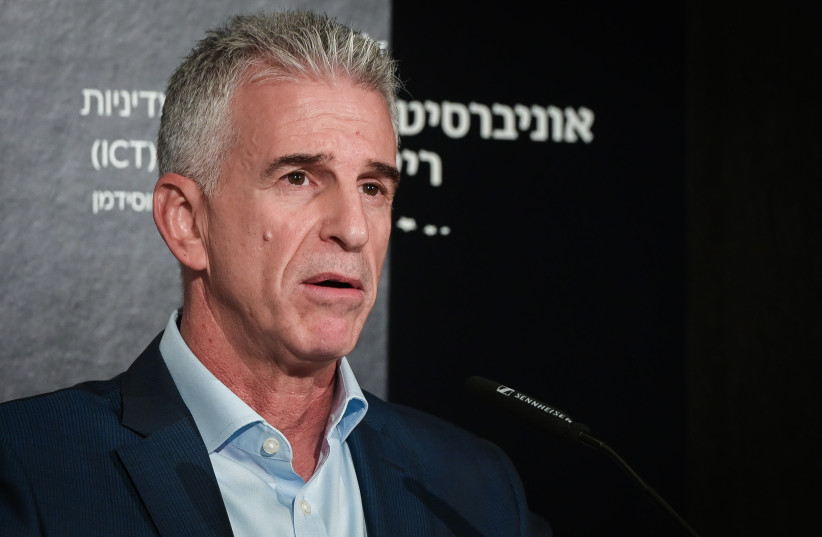Netanyahu reduces Israeli delegation’s mandate on hostage deal
On Sunday, Prime Minister Benjamin Netanyahu and the war cabinet granted the Israeli delegation a more limited mandate than the heads of the security establishment had requested for the talks on the hostage deal in Qatar.
The Prime Minister set stricter red lines regarding the prisoners to be released and additional Hamas demands, according to two senior Israeli officials who are familiar with the subject.
Why is this important?
Some members of the delegation fear that the red lines set by Netanyahu will make it difficult to reach an agreement, but others in the delegation believe that the mandate given by the cabinet is broad enough to conduct negotiations and reach an agreement.
The delegation, headed by Mossad chief David Barnea, arrived in Qatar today and began talks with the Qatari and Egyptian mediators this evening. In parallel, discussions are taking place between the mediators and Hamas representatives in Doha.

A senior Israeli official indicated that the talks are expected to last several days and that two weeks may be needed to complete negotiations.
During the weekend, the IDF representative in the delegation, Maj.-Gen. (res.) Nitzan Alon prepared a detailed document of the areas in which Israel would be more flexible, its opening positions, and its red lines.
An Israeli senior official noted that the document was also in line with and agreed upon by the other members of the delegation, especially Barnea and Shin Bet chief Ronan Bar.
However, during the war cabinet meeting, Netanyahu reduced the mandate that was presented and placed stricter red lines on some of the issues.
At the meeting of the political-security cabinet that approved the red lines, Netanyahu spoke firmly about the need to maintain red lines, a senior Israeli official said.
The political-security cabinet also ultimately authorized Netanyahu and Defense Minister Gallant to decide independently without the cabinet’s approval should issues arise in Qatar that go beyond the mandate and require a decision regarding Israel’s position.
Prime Minister’s Secretary Yossi Fox said during the war cabinet meeting that the mandate issue should also be discussed in the political-security cabinet.
Ministers Gallant, Gantz, and Eisenkot, as well as members of the delegation, objected for fear that this would lead to a further reduction in the mandate. As a result, the mandate was agreed upon only in the war cabinet and was not reopened for discussion in the political-security Cabinet.





Comments are closed.